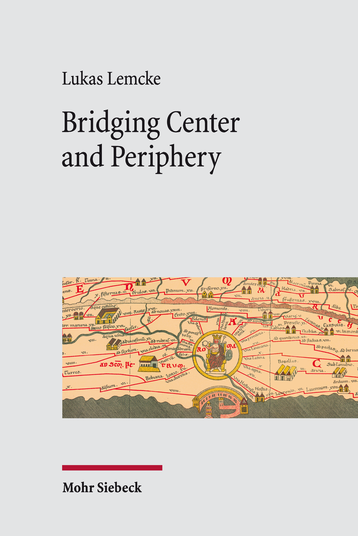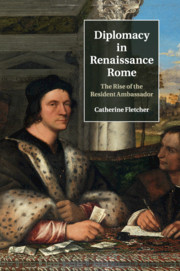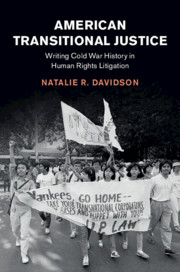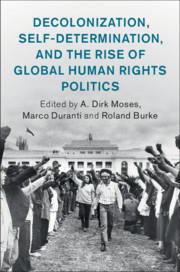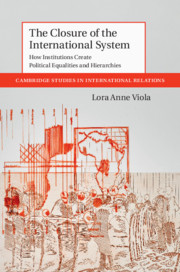Cambridge University Press is
publishing an edited collection on the global history of human rights politics
in the age of decolonization.
ABOUT THE BOOK
This volume presents the first
global history of human rights politics in the age of decolonization. The
conflict between independence movements and colonial powers shaped the global
human rights order that emerged after the Second World War. It was also
critical to the genesis of contemporary human rights organizations and
humanitarian movements. Anti-colonial forces mobilized human rights and other
rights language in their campaigns for self-determination. In response,
European empires harnessed the new international politics of human rights for
their own ends, claiming that their rule, with its promise of 'development,'
was the authentic vehicle for realizing them. Ranging from the postwar
partitions and the wars of independence to Indigenous rights activism and
post-colonial memory, this volume offers new insights into the history and
legacies of human rights, self-determination, and empire to the present day.
ABOUT THE EDITORS
A. Dirk Moses, University
of Sydney
A. Dirk Moses is Professor of Modern History at the University of Sydney. He is
Senior Editor of the Journal of Genocide Research.
Marco Duranti, University
of Sydney
Marco Duranti is Senior Lecturer in Modern European and International History
at the University of Sydney. He is the author of The Conservative Human Rights
Revolution (2017).
Roland Burke, La
Trobe University, Victoria
Roland Burke is Senior Lecturer in World History at La Trobe University. He is
the author of Decolonization and the Evolution of International Human Rights
(2010).
TABLE OF CONTENTS
Introduction. Human rights,
empire, and after Roland Burke, Marco Duranti and A. Dirk Moses
Part I. Anti-colonial struggles
and the right to self-determination:
1. Seeking the political kingdom:
universal human rights and the anti-colonial movement in Africa Bonny Ibhawoh
2. Decolonizing the United
Nations: Anti-colonialism and human rights in the French Empire Marco Duranti
3. The French Red Cross,
decolonization, and humanitarianism during the Algerian War Jennifer Johnson
4. Connecting indigenous rights
to human rights in the Anglo settler states: Another 1970s story Miranda
Johnson
5. Privileging the Cold War over
decolonization: The US emphasis on political rights Mary Ann Heiss
Part II. Post-colonial statehood
and global human rights norms:
6. Cutting out the ulcer and
washing away the incubus of the past: genocide prevention through population
transfer A. Dirk Moses
7. Codifying minority rights:
postcolonial constitutionalism in Burma, Ceylon, and India Cindy Ewing
8. Between ambitions and caution:
India, human rights, and self-determination at the United Nations Raphaëlle
Khan
9. 'From this era of passionate
self-discovery': Norman Manley, human rights, and the end of colonial rule in
Jamaica Steven L. B. Jensen
10. Re-entering histories of past
imperial violence: Kenya, Indonesia, and the reach of transitional justice
Michael Humphrey
Part III. Colonial and
neo-colonial responses
11. The inventors of human rights
in Africa: Portugal, late colonialism, and the UN human rights regime Miguel
Bandeira Jerónimo and José Pedro Monteiro
12. 'A world made safe for
diversity': Apartheid and the language of human rights, progress, and pluralism
Roland Burke
13. Between humanitarian rights
and human rights: René Cassin, architect of universality, diplomat of French
Empire Jay Winter
14. The end of the Vietnam War
and the rise of human rights Barbara Keys
15. Decolonizing the Geneva
Conventions: national liberation and the development of humanitarian law
Eleanor Davey
16. Liberté sans frontières,
French humanitarianism, and the neoliberal critique of Third Worldism Jessica
Whyte.


